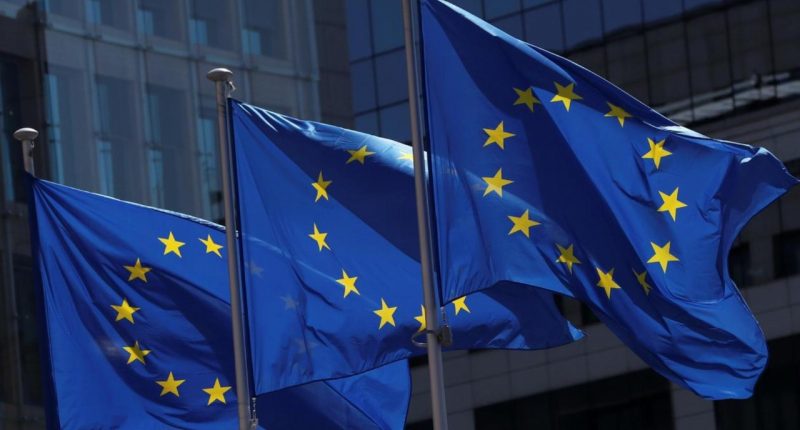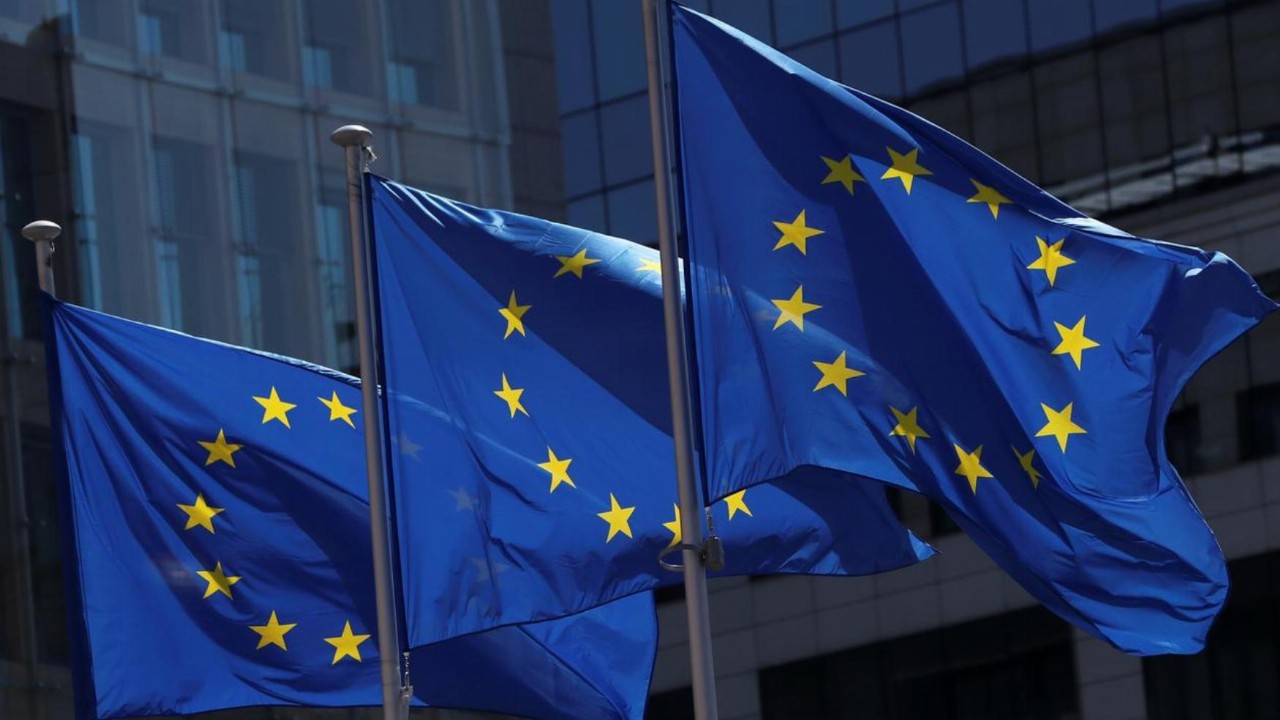- A €1.85 trillion (roughly A$3 trillion) budget and economic recovery package for the European Union is still up in the air as leaders of the bloc struggle to agree on the terms of the package
- The E.U. leaders were meant to wrap discussions up over two days, but their meeting has now been extended to day four
- A group of countries known as the ‘Frugal Four’ are pushing for the budget and recovery package to be lowered in value, while other countries are throwing around accusations of ‘communist’ lawmaking
- On late Sunday night, European Union Council President Charles Michel implored the bloc leaders to look past their divisions and approve the funding as COVID-19 continues taking lives and destroying economies
- No agreement has been announced since yesterday’s debates
A whopping €1.85 trillion (roughly A$3 trillion) budget and economic recovery package for the European Union is still up in the air as leaders of the bloc struggle to agree on the terms of the package.
The leaders of the E.U. are heading into day four of a meeting that was meant to last two days as leaders clash and opinions fly.
The intense discussions surround the size of the budget, the conditions attached to the recovery funding, and the types of grants and loans to be offered to E.U. citizens as part of the stimulus package.
What’s the deal?
The European Commission, which is the executive branch of the E.U., put forth the €1.85 trillion seven-year budget and recovery package in late May 2020.
At the time, European Commission President Ursula von der Leyen said the funding will boost jobs and growth, the resilience of E.U. societies, and the health of the bloc’s environment.
“The recovery plan turns the immense challenge we face into an opportunity, not only by supporting the recovery but also by investing in our future,” President von der Leyen said.
A big portion of the cash would come from the E.U. temporarily lifting its resources ceiling to two per cent of Gross National Income, which means the Commission can borrow €750 billion (around A$1.2 trillion) on financial markets. The debt would be gradually repaid over 30 years, starting in 2028.
What’s the argument?
It seems at the core of the disputes are calls from Sweden, Austria, Denmark, and the Netherlands — known collectively as the ‘Frugal Four’ — to reduce the size of the recovery package.
Led by Dutch Prime Minister Mark Rutte, the Frugals are pushing to reduce the value of available grants by around €150 billion (roughly A$245 billion) but increase the size of the rebates offered as part of the budget.
The discussions have drawn a clear line in the sand as the E.U. leaders hold their ground on their varying positions. Luxembourg Prime Minister Xavier Bettel said he had never seen positions as “diametrically opposed” as in this weekend’s debates.
The debates are getting heated, too, with Hungarian Prime Minister Viktor Orbán accusing the Dutch Prime Minister of using the same methods as Hungary’s former communist leaders in his lawmaking.
Prime Minister Orbán told reporters that Prime Minister Rutte’s proposed policies for the recovery package mimicked those written for Hungary under a communist regime.
“I am coming from an ex-communist country. When the communist regime decided to attack us, they use unclarified legal terms exactly as the same as written in the proposal of the Dutchman,” Prime Minister Orbán said.
He said ambiguous phrases like “general deficiencies” were thrown around under communist rule and were an adequate basis for an arrest — meaning a person could be locked up for their “general deficiencies’ but never know what they did wrong.
According to Prime Minister Orbán, this is the same type of language used in Prime Minister Rutte’s proposal for a country to stop funding member states undermining the rule of law.
A call for unity
On late Sunday night, as the discussions increased in intensity but not in fruitfulness, European Union Council President Charles Michel implored the bloc leaders to look past their divisions and look at the bigger picture.
The Associated Press, which claims to have access to the text of Michel’s private speech, said the E.U. Council President brought up the 600,000 deaths and economic devastation brought about by the COVID-19 pandemic in his plea for unity.
“Are the 27 E.U. leaders capable of building European unity and trust or, because of a deep rift, will we present ourselves as a weak Europe, undermined by distrust?” Michel reportedly asked.
“I wish that we succeed in getting a deal and that the European media can headline tomorrow that the EU succeeded in a Mission Impossible,” he said.
So far, no such headline has appeared. Time will tell if day four of the discussions will yield a result.







